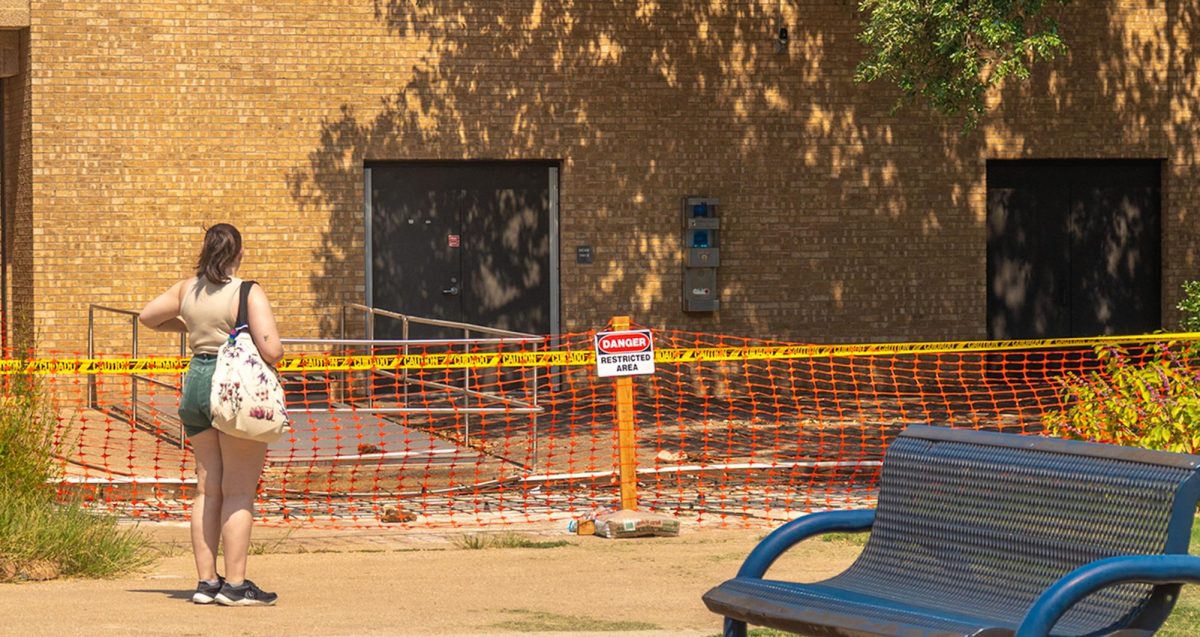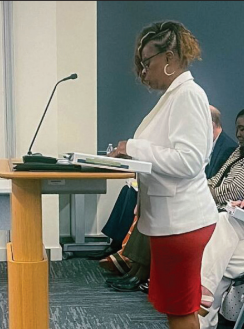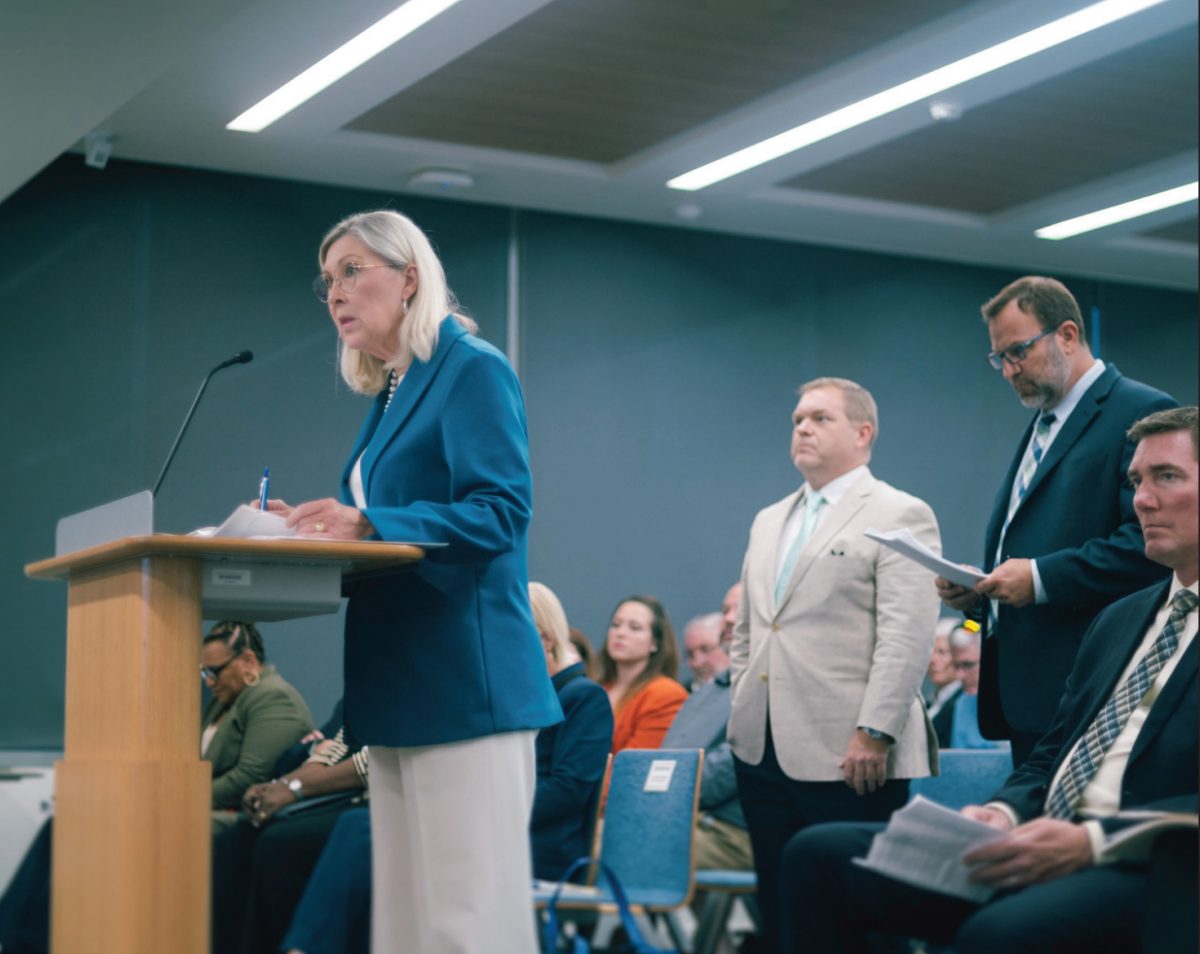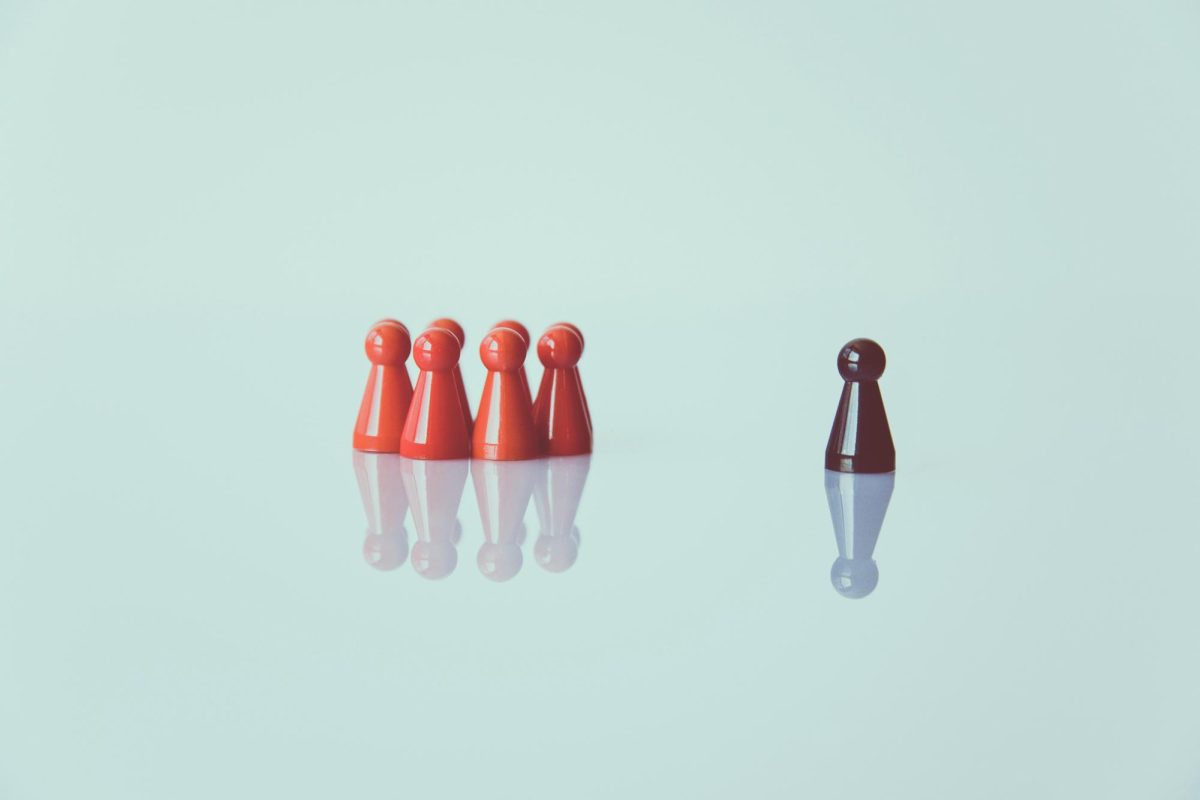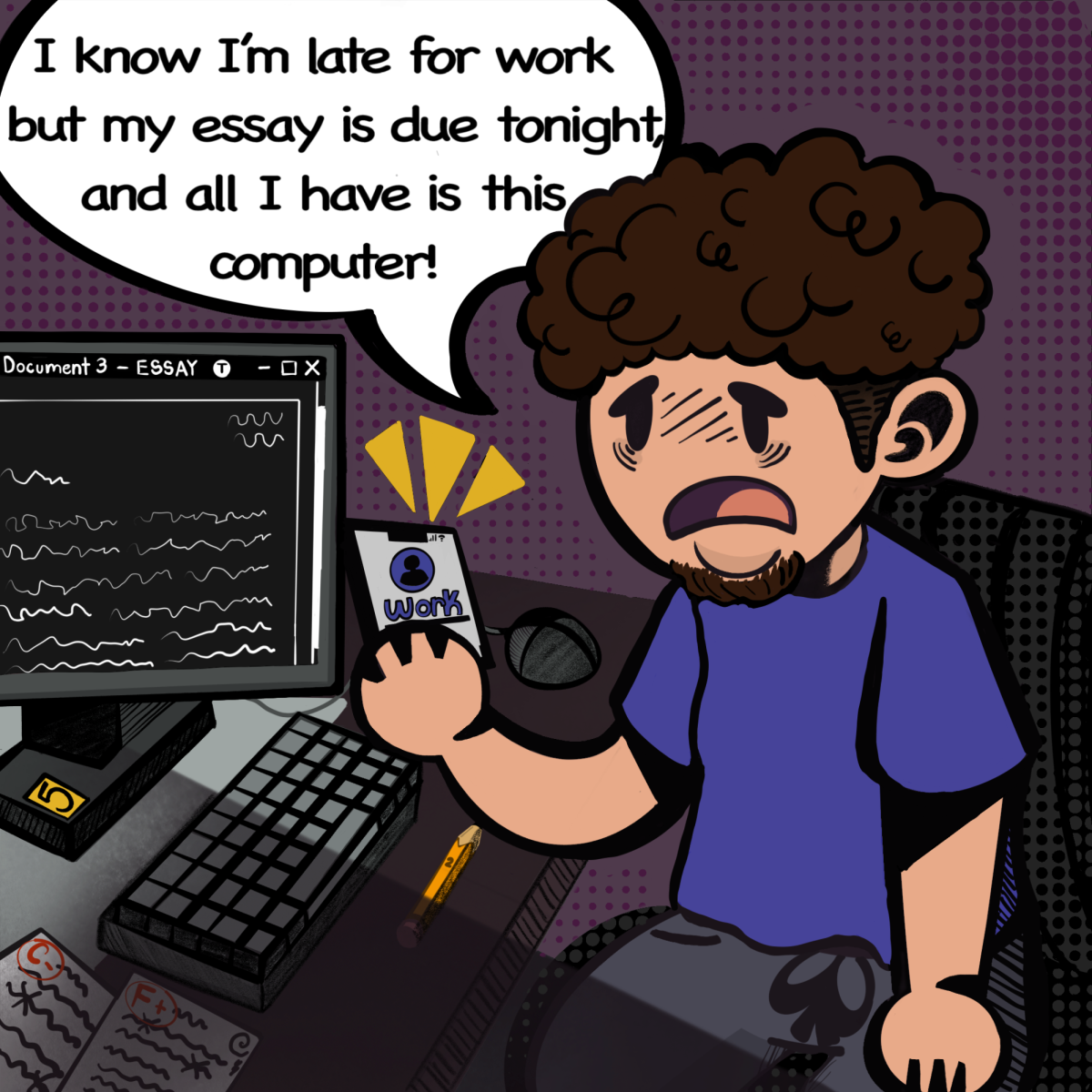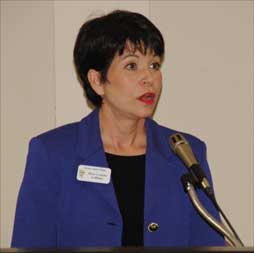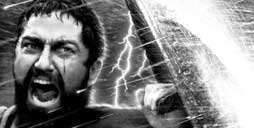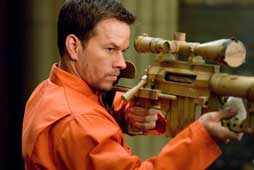By Susan Tallant/editor-in-chief
As a journalist, I delayed taking my science classes for as long as possible. I don’t know why I waited, maybe out of fear I would either fail the class or be bored out of my mind because science just isn’t my thing, or so I thought.
But now, I find myself sharing what I learn each week in Biology 1408 with my family and friends. Last week, I found myself sharing what I had learned while in the ICU waiting room.
My brother was in critical condition after developing a dangerously low sodium level that resulted in water intoxication. As the doctor explained the situation, I actually understood what was going on with my brother because I had just learned about osmosis and homeostasis in class.
One week, our class conducted lab experiments using sheep blood to test what happens to cells if there is too much or not enough sodium present.
Although interesting at the time, I would have never dreamed the experiment would soon help me understand a life-threatening situation. When the doctor told the family that my brother was given a 0.9 percent solution of NaCl, I knew what he was talking about, and knew the situation was indeed serious.
Thankfully, my brother is home recovering. A few changes in his diet should prevent the situation from re-occurring. I thought his diet couldn’t get any better—he is a health fanatic who exercises daily, eats mostly fish and raw vegetables, drinks a lot of water and adds no salt to his food.
But I learned in our nutrition lab our bodies do need a little bit of everything to be healthy, including sodium.
Other ah-ha moments in biology include (don’t laugh pre-med students; I really didn’t know this stuff) most headaches are caused from not drinking enough water and a gram of sugar is equivalent to a packet, so when I drink “healthy” juice, I am consuming about 29 packets of sugar.
I learned that everything in our bodies has a purpose, even nose hairs, which trap particles to protect delicate lungs; and enzyme panels are little books in my body telling a story about my health. The list could go on …
Thank you, Theresa Parisi, adjunct instructor of biology, and Dr. Jeanmarie Stiles, adjunct professor of biology, both on NE Campus, for helping me to see that science is useful and interesting, even for a right-brainer.

